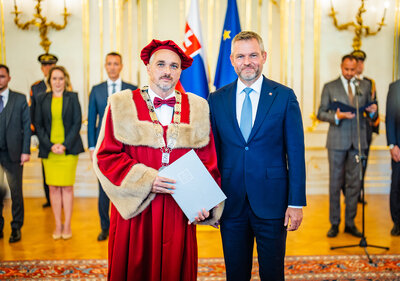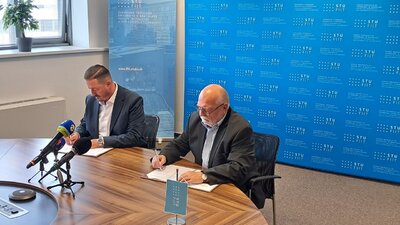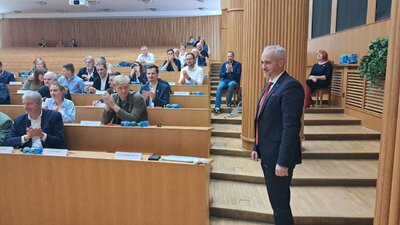The Board for the Internal Quality Assurance System of the Slovak University of Technology in Bratislava and the Quality Board of the University of Economics in Bratislava approved the implementation of six joint study programmes of the STU-EUBA University Consortium at a joint meeting on 25 April 2025. The first students will enrol in the 2026/2027 academic year.
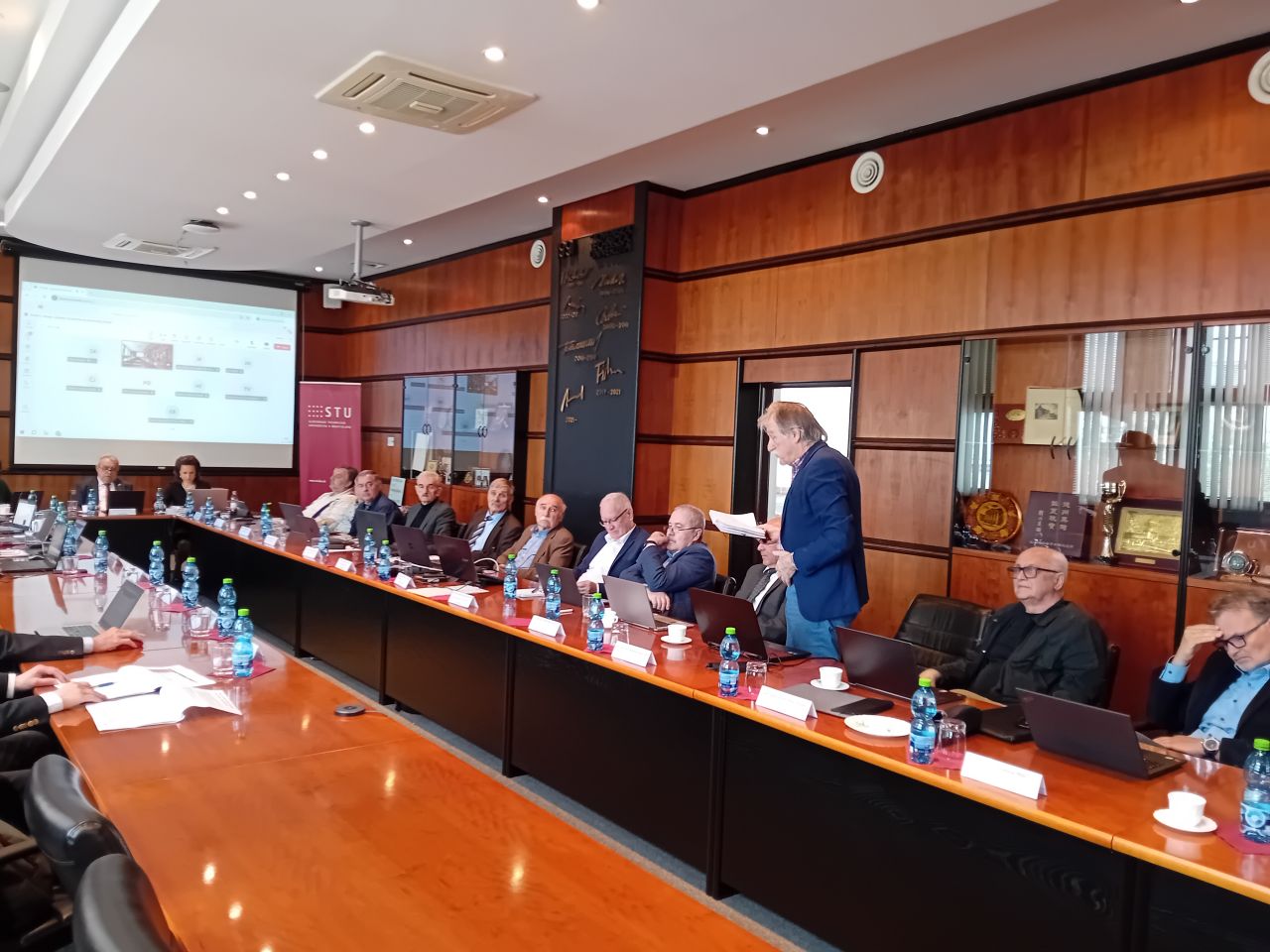
STU and EUBA will provide the following programmes combining the knowledge from technical study programmes on one hand, and the study programmes of economics and management on the other hand:
FinTech and Financial Innovations, (Bachelor study programme) will provide solid fundamentals of theoretical and practical knowledge in the field of finance and financial technologies necessary to analyse and solve complex challenges in the field of FinTech systems. The study programme will combine economic and financial knowledge along with the knowledge in the field of FinTech development, including financial modelling, machine learning, financial data analysis and new innovations in the financial sector.
Economics and Management in Power Industry (Bachelor study programme, Master Study Programme) will enable the graduate to acquire comprehensive knowledge and skills for analysing, managing and optimizing processes in the energy sector. These programmes combine economic and managerial areas with technical understanding of energy systems, that will allow the graduate to effectively handle the issues and tasks of corporate economics in the power industry. The combination of economic and technical skills will enable the graduate to contribute to innovative solutions in power industry, increase the efficiency and competitiveness of power companies and generate sustainable energy for the future.
Management in Nuclear (Master study programme). Students will acquire technical and managerial knowledge necessary to understand and effectively perform in managerial positions in nuclear power industry. The study programme covers the key areas including the political, legal, regulatory, business and social environment of nuclear facilities’ operation, as well as technology and management, financial management and leadership in nuclear facilities and associated areas.
Urbanism (Master study programme) covers knowledge of the design and transformation of the physical, social and cultural environment, ranging from architectural elements, through land and engineering structures for various purposes and of all sizes, sets of buildings, including garden and landscape architecture and residences up to large urban, territorial and landscape units in various contexts. It will enable utilisation of the economic, managerial and marketing tools related to territorial development, necessary for communication with the affected entities of territorial development.
Electronic Engineering and International Business (Master study programme) will provide training in the field of semiconductor manufacturing linked to the field of related foreign trade policy, commercial and logistic operations, as well as entrepreneurship in the international territorial or commodity markets focused on electronic engineering and chips.
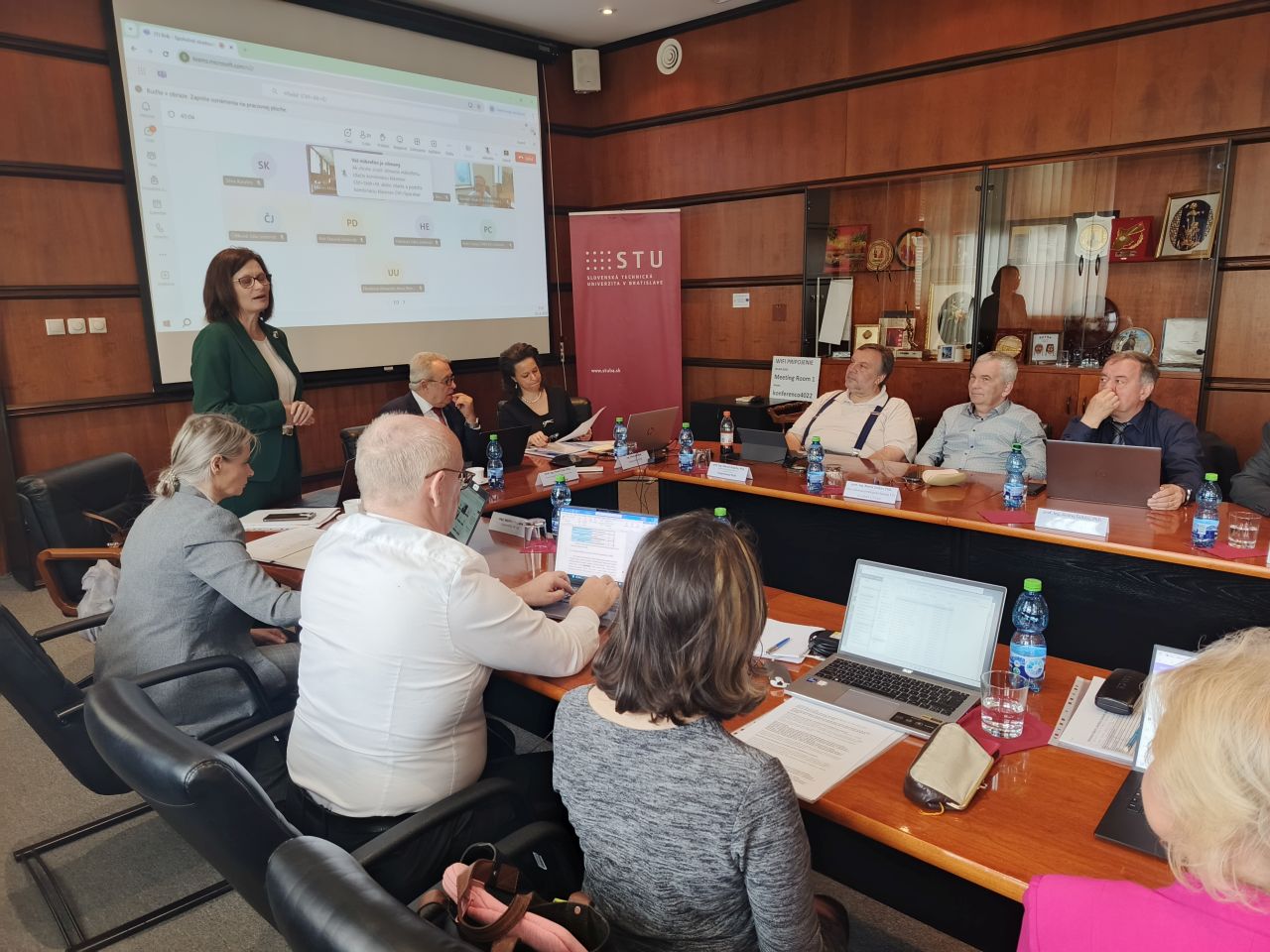
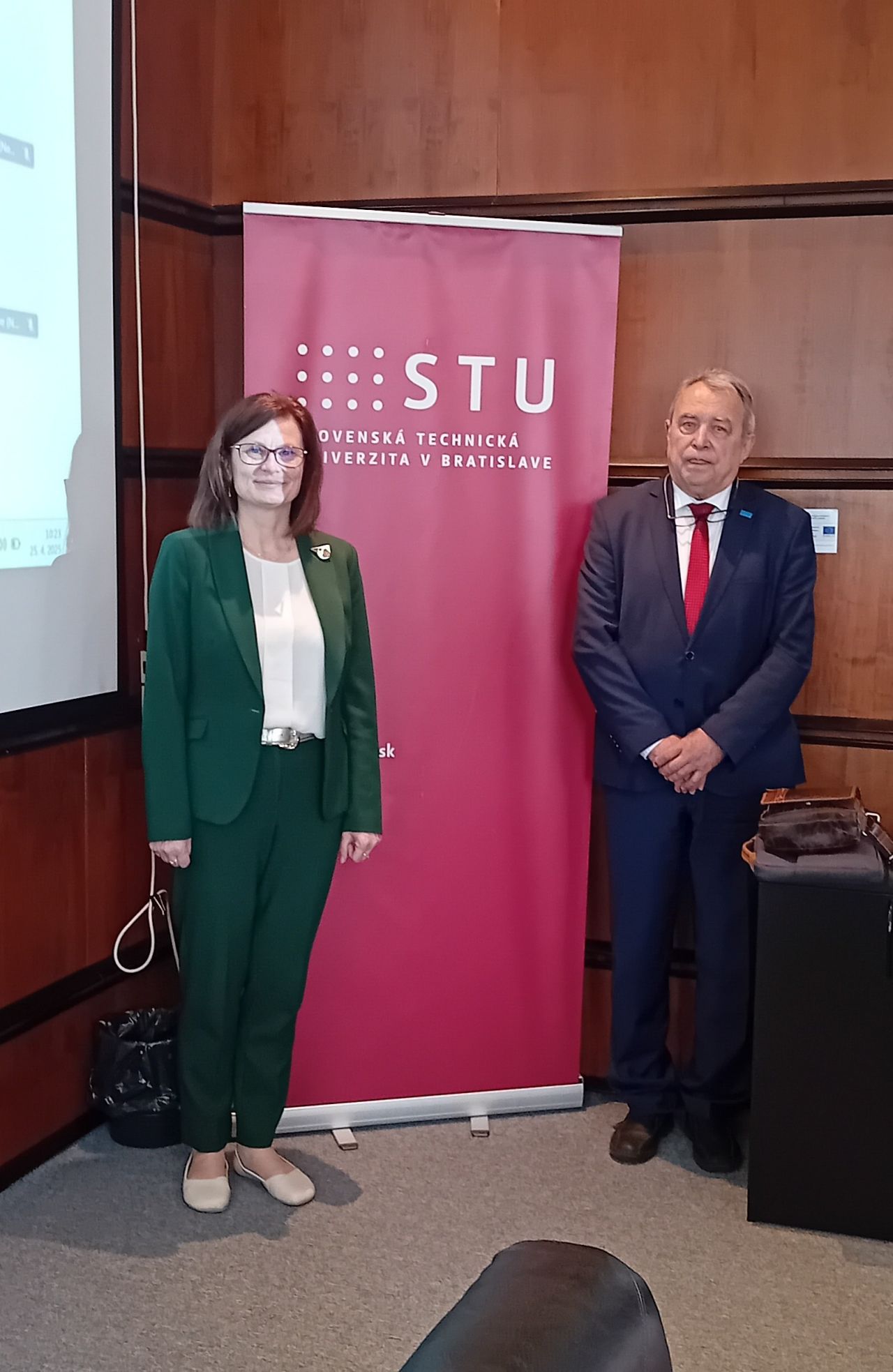
The first students will commence studying the new study programmes in the 2026/2027 academic year.


